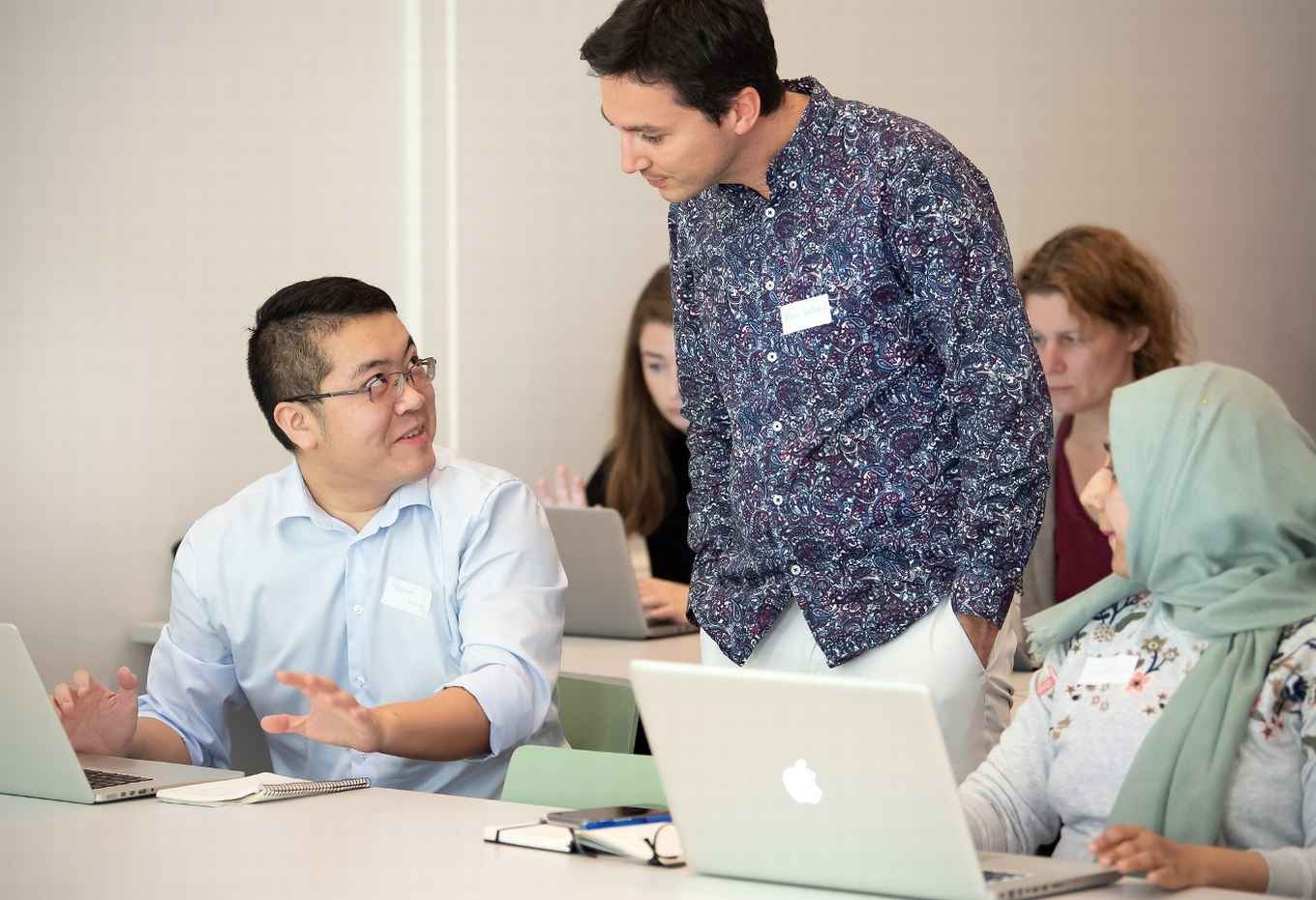Data Science Day 2022: Morning programme
Workshops in collaboration with the Social and Behavioural Data Science Centre (SoBe DSC)
- Date
- 13 October 2022
- Time
- 09:00 -13:00

Morning programme: Interactive Workshops (in-person only)
Time: 09:00 – 12:00 (08:30 doors open), followed by lunch at 12:00 - 13:00
Location: Startup Village, Amsterdam Science Park 608 (in-person only)
Registration details:
- The workshops are free of charge, and lunch is included
- The workshops are open to UvA PhD students and employees only
- As the workshops will be taking place concurrently, please only register for one of the workshops below
Workshop 1: Meta-analytic structural equation modelling
The combination of meta-analysis and structural equation modeling (MASEM) is a promising extension of meta-analysis. With MASEM, information from multiple studies is used to test a theoretical model that explains the correlations between a set of variables of interest. The objective of this workshop is to learn the basics of MASEM and to get practical experience with fitting MASEM models using the dedicated online app webMASEM.
Pre-requisites for attendees
Bring a laptop with the latest version of R installed.
Workshop instructor
Workshop 2: A crash course in machine learning using JASP
In the first part of this workshop we introduce JASP (jasp-stats.org), an open-source statistical software program with an intuitive graphical user interface.
JASP has been developed at the University of Amsterdam and offers both frequentist and Bayesian statistical procedures. Modules can be activated to make available more specific analyses, for instance for meta-analyses, for learning statistics, for industrial quality control, for auditing, for machine learning, and more.
In the second part of this workshop we explore the machine learning module in more detail. We apply popular machine learning techniques to concrete data sets, and discuss associated exercises. Our goal is to familiarize participants with JASP, and highlight the ease with which JASP allows relatively complex analyses to be executed and interpreted.
Pre-requisites for attendees
Laptops are required. It is recommended that participants bring their laptop with the latest version of JASP installed.
Workshop instructors
Afternoon programme: Pitch presentations and keynotes
Can deep learning models of perception help us better understand the way biological animals, like humans, perceive the world that we live in? In what way do interfaces have the potential to shape relations between humans, machines and more-than-humans, and to sustain new civic epistemologies, beyond control and calculation?
These exciting questions, as well as the latest developments in data driven research within the University of Amsterdam, will be addressed and discussed in the afternoon programme of the Data Science Day on 13 October!